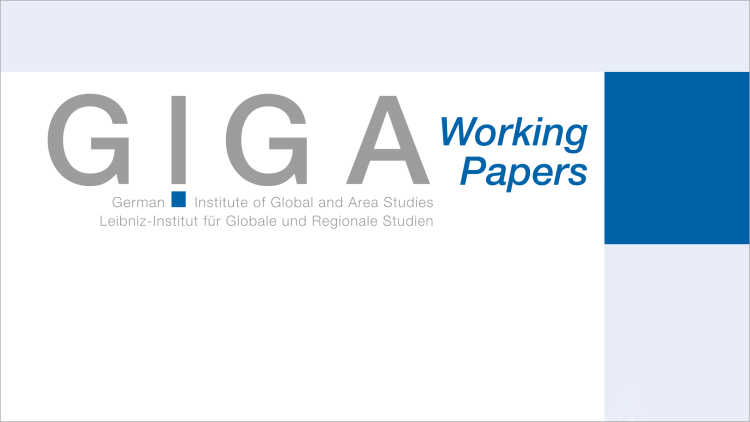- Startseite
- Publikationen
- GIGA Focus
- Microcredit and Business-Training Programs: Effective Strategies for Micro- and Small Enterprise Growth?
GIGA Focus International Edition English
Microcredit and Business-Training Programs: Effective Strategies for Micro- and Small Enterprise Growth?
Nummer 3 | 2014 | ISSN: 2196-3940
The World Bank’s most recent Global Financial Development Report (World Bank 2013) has once again stressed lack of both financial capital and business-related knowledge as key impediments to firm growth in developing countries. Yet, the most popular instruments to relax these constraints are largely unsuccessful in spurring firm growth.
Analysis Most people in developing countries are employed in micro- and small enterprises. Therefore, promoting these firms by providing access to financial capital and basic managerial skills through microcredit and business-training programs has been considered a matter of common sense among experts. However, recent empirical results unambiguously show that these programs are no panacea for poor enterprise development and growth.
Many firms have limited access to financial capital, and many owners lack basic managerial skills. These deficits have been frequently assumed to be major impediments to firm growth in developing countries.
Microcredit and business-training programs are the most widely used strategies to promote enterprise development. Findings from recent empirical impact evaluation studies suggest that these programs are insufficient to trigger firm growth or job creation.
The empirical studies have some limitations, and it remains largely unclear what types of entrepreneurs these programs work best for and why these programs seem to have largely failed to improve business performance.
Amendments in key design features of these programs and the development of screening tools to identify and target high-potential entrepreneurs might help improve their effectiveness.
Yet, the results show that microcredit and business-training courses are no panacea for stagnant enterprise development everywhere and call for a stronger emphasis on a holistic strategy mix that takes into account context-specific interrelations among different binding constraints.
Fußnoten
Regionalinstitute
Forschungsschwerpunkte
Wie man diesen Artikel zitiert
Prediger, Sebastian, und Gundula Gut (2014), Microcredit and Business-Training Programs: Effective Strategies for Micro- and Small Enterprise Growth?, GIGA Focus International Edition English, 3, Hamburg: German Institute for Global and Area Studies (GIGA), http://nbn-resolving.de/urn:nbn:de:0168-ssoar-389503
Impressum
Der GIGA Focus ist eine Open-Access-Publikation. Sie kann kostenfrei im Internet gelesen und heruntergeladen werden unter www.giga-hamburg.de/de/publikationen/giga-focus und darf gemäß den Bedingungen der Creative-Commons-Lizenz Attribution-No Derivative Works 3.0 frei vervielfältigt, verbreitet und öffentlich zugänglich gemacht werden. Dies umfasst insbesondere: korrekte Angabe der Erstveröffentlichung als GIGA Focus, keine Bearbeitung oder Kürzung.
Das German Institute for Global and Area Studies (GIGA) – Leibniz-Institut für Globale und Regionale Studien in Hamburg gibt Focus-Reihen zu Afrika, Asien, Lateinamerika, Nahost und zu globalen Fragen heraus. Der GIGA Focus wird vom GIGA redaktionell gestaltet. Die vertretenen Auffassungen stellen die der Autorinnen und Autoren und nicht unbedingt die des Instituts dar. Die Verfassenden sind für den Inhalt ihrer Beiträge verantwortlich. Irrtümer und Auslassungen bleiben vorbehalten. Das GIGA und die Autorinnen und Autoren haften nicht für Richtigkeit und Vollständigkeit oder für Konsequenzen, die sich aus der Nutzung der bereitgestellten Informationen ergeben.




